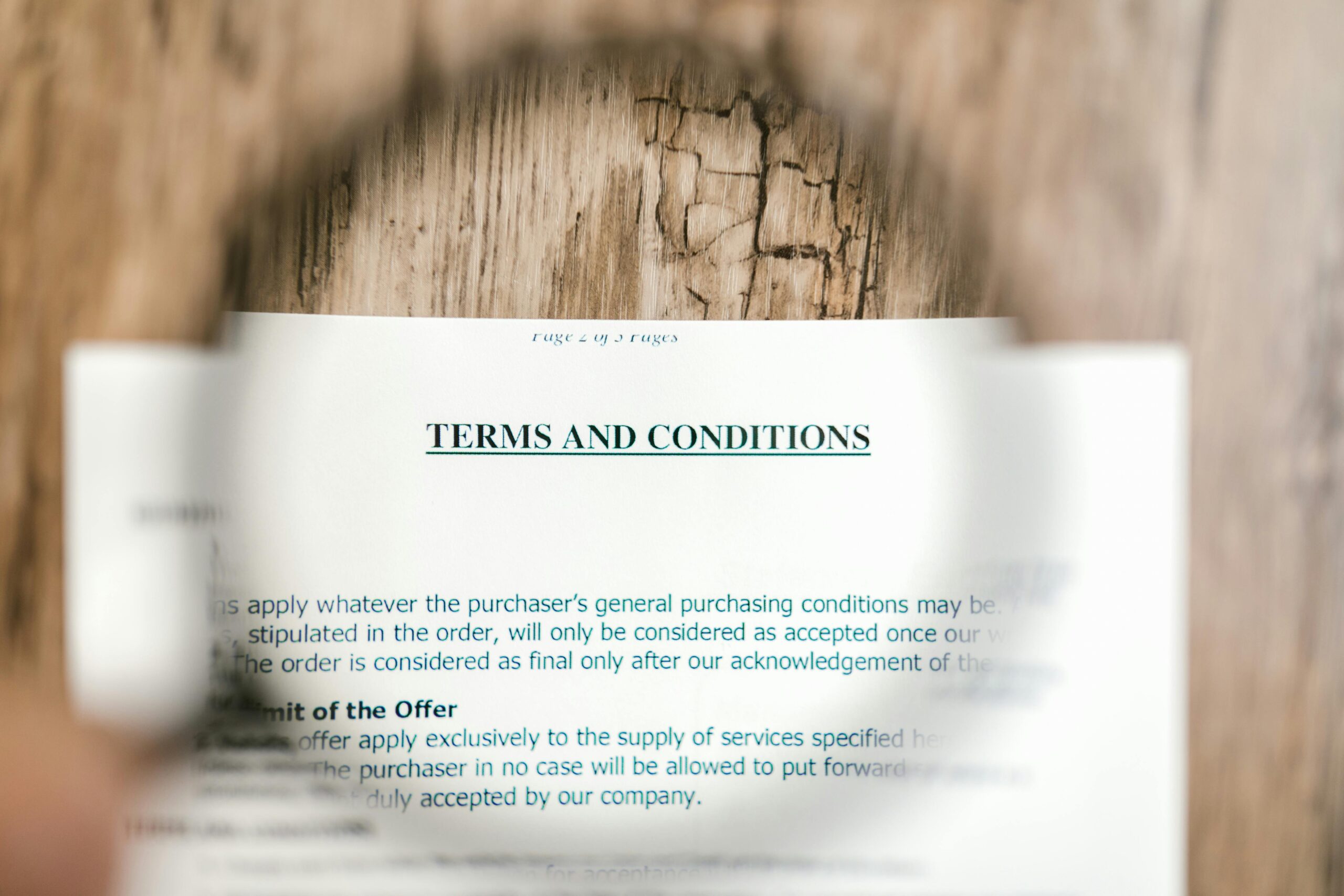The Importance of Compliance Monitoring Tools in Today’s Regulatory Landscape

In today’s rapidly evolving regulatory landscape, businesses are facing increasing pressure to ensure compliance with a myriad of laws and regulations. From data privacy laws like GDPR to industry-specific regulations such as HIPAA, the consequences of non-compliance can be severe, including hefty fines, reputational damage, and even legal action. As a result, many organizations are turning to compliance monitoring tools to help them stay on top of their regulatory obligations.
What are Compliance Monitoring Tools?
Compliance monitoring tools are software solutions that assist organizations in tracking and managing their compliance efforts. These tools automate the process of monitoring regulatory changes, assessing risks, and ensuring that policies and procedures are being followed. By centralizing compliance data and providing real-time insights, these tools help organizations proactively identify and address compliance issues before they escalate.
Key Features of Compliance Monitoring Tools
Some of the key features of compliance monitoring tools include:
- Regulatory Updates: These tools automatically monitor and update organizations on changes to relevant laws and regulations.
- Risk Assessments: Compliance monitoring tools help organizations identify and assess potential compliance risks.
- Policy Management: These tools centralize and streamline the management of policies and procedures.
- Monitoring and Reporting: Compliance monitoring tools track and report on compliance activities and outcomes.
The Benefits of Compliance Monitoring Tools
Implementing compliance monitoring tools can provide organizations with a range of benefits, including:
- Improved Efficiency: By automating compliance processes, organizations can save time and resources.
- Reduced Risk: Compliance monitoring tools help organizations identify and mitigate compliance risks before they become issues.
- Enhanced Compliance Culture: By promoting transparency and accountability, these tools can help foster a culture of compliance within an organization.
- Cost Savings: By avoiding non-compliance fines and penalties, organizations can save money in the long run.
Case Study: XYZ Corporation
XYZ Corporation, a multinational company operating in the healthcare industry, recently implemented a compliance monitoring tool to help them stay on top of the complex regulatory landscape. By centralizing their compliance data and automating monitoring processes, XYZ Corporation was able to identify and address compliance issues proactively, resulting in improved efficiency and reduced risk.

FAQs
What industries can benefit from compliance monitoring tools?
Compliance monitoring tools can be beneficial for organizations in any industry that is subject to regulatory requirements. This includes healthcare, finance, technology, and more.
How do compliance monitoring tools help with regulatory audits?
Compliance monitoring tools help organizations prepare for regulatory audits by centralizing compliance data, automating monitoring processes, and generating reports on compliance activities. This can streamline the audit process and ensure that organizations are well-prepared.
Are compliance monitoring tools expensive to implement?
The cost of implementing compliance monitoring tools can vary depending on the size and complexity of the organization. However, many organizations find that the benefits of these tools outweigh the initial investment in the long run.
Overall, compliance monitoring tools play a crucial role in helping organizations navigate the ever-changing regulatory landscape. By automating compliance processes, centralizing data, and providing real-time insights, these tools can help organizations stay ahead of compliance requirements and avoid costly penalties.




